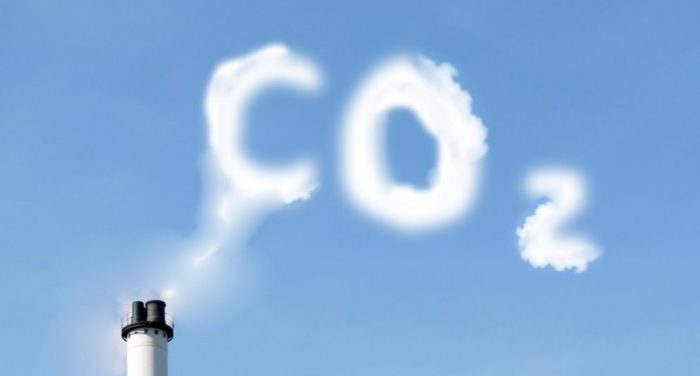An EU attempt to promote alternative sustainable fuels for ships would actually lock in the use of fossil fuels, said T&E adding that there is still time to rectify this by excluding LNG and crop-based biofuels.
The NGO described the draft ‘Fuel EU Maritime’ law as an environmental disaster, noting however that:
With the law due to be published on 14 July, there is still time to rectify this by excluding LNG and crop-based biofuels and support the uptake of green e-fuels like renewable hydrogen and ammonia
Moreover, T&E believes that the Commission should propose that half of the greenhouse gas intensity target set by the law should be met by using green e-fuels, creating a market for producers of the new technology.
The Commission should also help expensive e-fuels become more cost-competitive by counting five times every one-gram carbon intensity improvement achieved by using these green fuels onboard.
T&E also advises that the operators of ships with e-fuels should get additional rewards by being able to sell credits when they overcomply to other ship operators.
In addition, the draft policy seen by T&E reveals the European Commission has rejected requiring specific green fuels to be used by shipowners. Instead, it has gone for a simple “greenhouse gas intensity target”, which it claims provides more flexibility. But, as noted by T&E, the target alone offers no incentives for green hydrogen and ammonia, which are the few truly sustainable fuels currently available at scale.
The measure would use ship fleets’ average carbon intensity in 2020 as a reference value to be progressively lowered, from a 2 percent reduction by 2025 and a 6 percent cut by 2030 to a 75 percent cut by 2050
Nevertheless, T&E has warned that by not excluding LNG and crop-based biofuels, which are high emitting, it would simply shift emissions from fuel oil today, to fossil gas and dubious biofuels tomorrow.
Currently, more than half (55%) of the energy used by ships calling at EU ports could be LNG and biofuels by 2035, according to T&E’s analysis. This is despite LNG offering minimal emissions reductions and, when burned, releasing methane – a global warming gas up to 36 times more potent than CO2. Most biofuels are worse for the climate than the fuels they replace, and those that do offer emissions savings are not available at scale.
As it stands, the draft law is far not fit for Europe’s climate objectives. But quick fixes are still possible, with strong safeguards against unsustainable fuels and dedicated tools to kick start e-fuels in shipping
concluded Delphine Gozillon, shipping policy officer at T&E.






























































